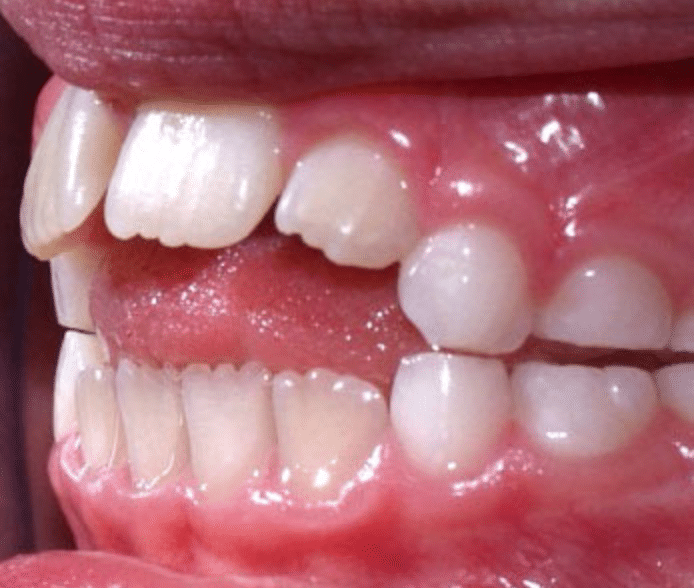Where’s the pacifier?
Love ‘em or hate ‘em, most parents often turn to the use of pacifiers to soothe a crying baby. Pacifiers can help newborns fall asleep, can reduce discomfort on airplane rides, and provide overall soothing.
While a pacifier can be a great comfort to babies, dental issues can arise when the child becomes dependant on it. Common problems we see with children who still use a pacifier after their teeth have erupted are an anterior open bite (the back teeth touch, but the front teeth do not), a posterior crossbite (when the upper back teeth are tucked inside the lower back teeth due to the constant sucking habit) and “buck teeth” (when the upper teeth protrude beyond the lower teeth).
It is our recommendation that pacifiers should be phased out when your child reaches 2 years of age to minimize permanent damage.
So how can you and your child say bye-bye to those beloved “pacis?” Here are a few ideas:
- Go Cold Turkey! Get rid of all of the pacifiers and don’t look back. It may take a week or two but your child will eventually realize the pacifier isn’t coming back.
- If cold turkey is too intense for you, try the two phase approach. First take the pacifiers away during the daytime. Use it for bedtime only. Then gradually remove it from the bedtime routine as well. Provide several distractions to help keep their minds off their missing pacifiers.
- There are several books available such as “Bye-Bye Binky: Big Kid Power” and “Ben Gives Up His Pacifier” that can help kids with the transition.
- If your child has a favorite stuffed animal, you can cut a small hole in the lining and place the pacifier inside. Make sure your child is a part of the process, so they can witness the pacifier going bye-bye. They will still have their pacifier with them but can’t suck on it anymore.
- Create a sticker chart and reward your child for every night they go without a pacifier.
And as always…give us a call if you have any concerns about the way your children’s teeth are developing due to prolonged pacifier use.







